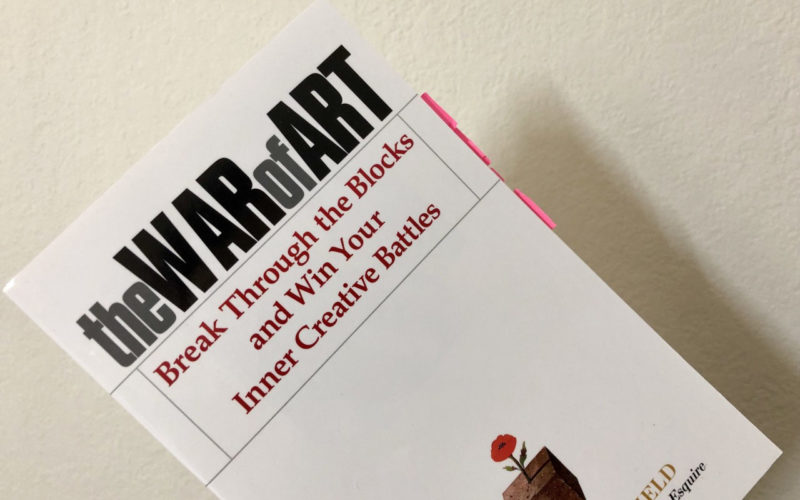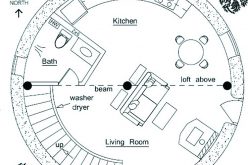Book offers common sense ideas in uncommon time
AMANDA BANCROFT
Making Ripples
There’s a universe inside every mind, and although I prefer to live in my own little universe, visiting the realms of others is a great opportunity to improve myself. These are divisive days, and it may help if we can find common ground in good ideas, no matter how seemingly insignificant.
Turning the water off while brushing our teeth or washing hands is one such small idea — particularly since it hasn’t rained much this summer where I live. Basic, common sense stuff. There are some good common sense ideas in Steven Pressfield’s “The War of Art” book, published in 2002. Pressfield writes about Resistance with a capital R, the thing that keeps us from our dreams, our creative endeavors, our health, our true happiness. It is, essentially, rationalized procrastination personified. Whenever we don’t do the thing that we want most to do or that we should be doing, that’s resistance. “It will fabricate, falsify, seduce, bully, cajole,” Pressfield writes, but resistance is lying. It kicked him from age 24 to 32, from one side of the country to the other, and he didn’t even know it existed.
Some consequences of resistance include giving away our personal sovereignty to others, creating soap operas in our lives, hyperfocusing on victimization, living in cluttered chaos, eating chocolate instead of doing our work. We take back our self-sovereignty when we don’t allow distractions from our goal, even if we’re justifiably mad at someone or some place, or even when our rationalizations are true.
“You must know the difference between what is urgent and what is important, and do what’s important first,” says Pressfield. This book was recommended in the podcast for the Society of Visual Storytelling, “3 Point Perspective,” a collaboration between illustrators Will Terry, Jake Parker and Lee White, all extremely successful in their careers. They give similar advice about defeating resistance and focusing on one’s craft.
“The War of Art” is a book especially designed for creators of all kinds — writers, painters, musicians, performers, and so on — but I think resistance to doing what’s right is as much a problem for all of us as resistance to creating art is for artists. Making ripples is an endeavor that often requires deferral of instant gratification.
We may find ourselves building the argument that we should resist reading about resisting resistance! It’s human nature to come up with all sorts of reasons to procrastinate. But it is possible to beat resistance. It’s easier when we know its tricks, and many examples are given in Pressfield’s book (and a bunch of other self-help books, by the way).

There are some good common sense ideas in Steven Pressfield’s “The War of Art” book, published in 2002.
There are approximately 7.8 billion people living in the world right now — and just as many perspectives — and I think I could learn something from each one of them. Some of these people are authors of self-help books. The world is full of different opinions and contradicting advice, but everything in it is a garden of inspiration if we’re not too dismissive of people or their books. Especially today, it’s easy to find ideas we don’t agree with, but sometimes there is a gem of a sentence or two that applies to our life and challenges us to adopt better habits. Harvest these ideas. As Pressfield writes, nothing else matters except trying every day.
Amanda Bancroft is a writer, artist, and naturalist living in an off-grid tiny house on Kessler Mountain. She and her husband Ryan blog about their adventures and offer tips to those wanting to make a difference at www.RipplesBlog.org.










